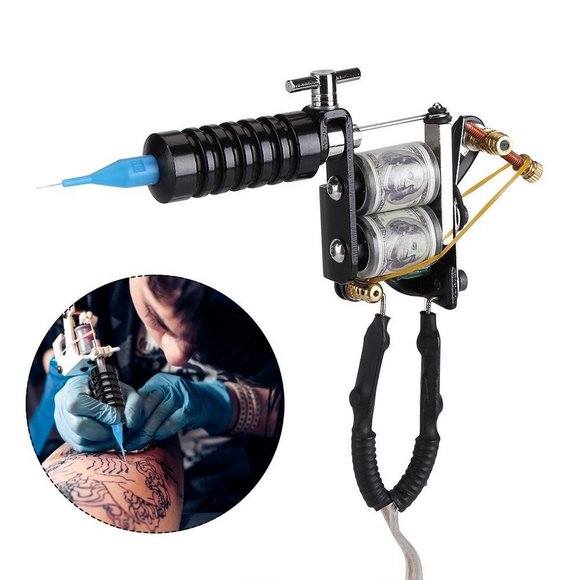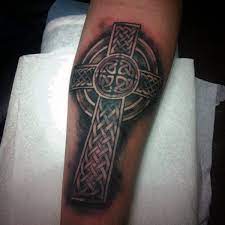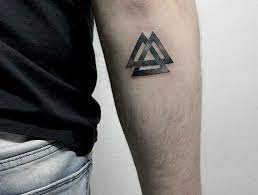
Coil Machines:
Coil tattoo machines use a coil system to generate movement, providing a perfect combination of speed and force. These machines are ideal for beginners and easily adaptable for beginners due to their various shapes, sizes, and weights. They require little upkeep or maintenance and boast Swiss MAXON motors for optimal performance. These machines use capacitors, solder lugs, and coils to regulate electric circuits, and their size (measured in microfarads) determines power and speed.
Rotary Machines:
An electric motor that moves a cam wheel and needle bar vertically drives a rotary tattoo machine. This enables users to adjust stroke length and create bold lines with ease. Rotary engines are perfect for beginners as they require less maintenance and technical knowledge than coil machines. They are also easier on the hands, reducing fatigue and numbness. It is essential to practice extensively with a rotary machine before using it on clients.
Hybrid Machines:
Tattoo artists specializing in specific tasks, such as lines or shading, require machines designed for these tasks. High-quality tattoo machines have sturdy constructions, durable craftsmanship, and adjustable voltage and timer displays for precision. Comfort is essential for long hours of tattooing, so choose a lightweight machine with low vibration rates. Some artists prefer rotary and coil machines for different tattoo styles, and portable devices are convenient for outdoor art venues or festivals.
Pneumatic Machines:
Pneumatic tattoo machines use compressed air instead of electric motors, offering quieter operation and easier maintenance. These machines are primarily used for lining and shading Tattoos and require practice to master. Tattoo artists can choose devices based on their preferences and skill levels, with rotary machines suitable for sculpting lines and shading and coil machines preferred for traditional line work. Portable machines make traveling to outdoor events simpler.

